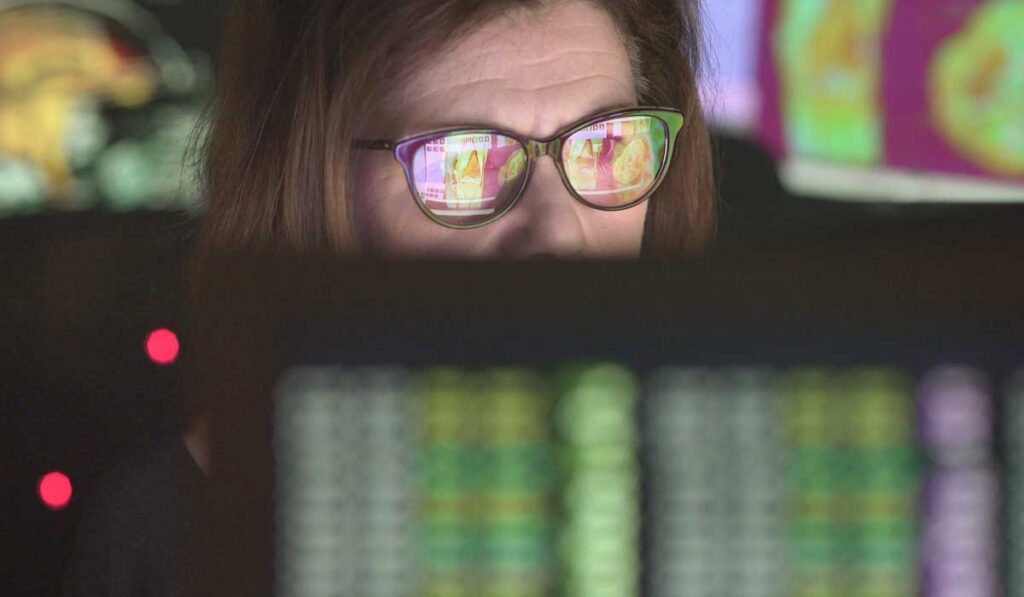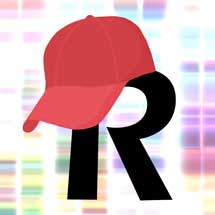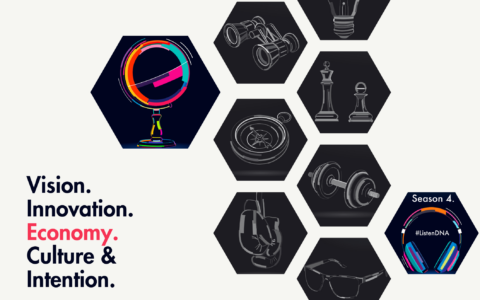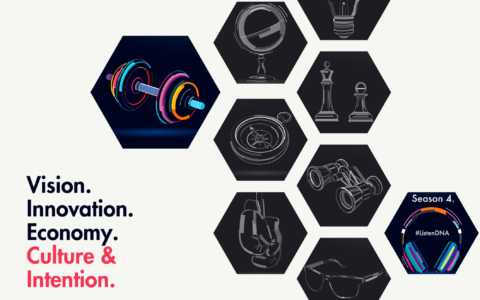What do a Swiss Army knife, Legos and a Sherman tank have in common? They’ve each been used as a visualization to demonstrate the utility and ingenuity of a tool named REDCap, a data capture platform that’s key to research studies and initiatives around the world.
REDCap has a legion of more than 1.4 million global users from over 4,500 institutions — an innovation and research nation if you will — that cultivates and relies on a network of “local heroes.”
In this episode, explore the “magic” of REDCap (Research, Electronic Data CAPture) to get a glimpse into how the platform is powering big science by dipping into the sea of electronic health records across multiple institutions — and how it’s accelerating COVID-19 responses around the world.
REDCap and COVID-19
The global bench of users expanded in 2020 as public health departments, academic medical centers, governments, and companies jumped into collaborative action to understand the what’s, why’s and how’s of COVID-19. (8:40)
It’s used by teams in Australia, across Europe and in South Africa — and in Ohio, Arkansas, and even much closer to REDCap’s home base in Nashville where Meharry Medical College is using REDCap to support drive-through testing for COVID-19.
A surge of users and partner institutions in this year alone emphasizes how the platform can be molded for local use and heralded by the local team:
-
REDCap helps state of Washington scale up its testing capacity
-
MedCity Beat: ‘It will be a game changer’: Mayo Clinic partners on global Covid-19 database
-
How digital health surveying is critical to flattening the COVID-19 curve
-
How Massachusetts Became First in Nation to Contact Trace in the Harvard Catalyst
Explore Research
-
High COVID-19 attack rate among attendees at events at a church — Arkansas, March 2020
-
A Randomized Trial of Hydroxychloroquine as Postexposure Prophylaxis for Covid-19 in NEJM
-
Royal Melbourne harnesses REDCap for home monitoring during COVID-19 in Pulse IT
-
Multinational consortium reports COVID-19 impact on cancer patients
-
A REDCap-based model for electronic consent (eConsent): Moving toward a more personalized consent in Journal of Clinical and Translational Science
‘Big Science’ from EHRs and Seas of Data
Why are people so excited about data and a platform? Take a second to imagine how much researchers and scientists have to know and study to make big discoveries and to deliver the options for each of us so everyone can be healthier tomorrow. (13:25)
As DNA explored in Episode 7, “The Genome Files,” scientists have to zoom out to catalog many people to more fully know one. All of Us is a historic effort from the NIH to get a diverse pool of people to share health and lifestyle information and their DNA so scientists can improve health and prevent disease.
The ‘big science’ just can’t be done with sticky notes or incompatible digital platforms. It’s only possible because of technology.
With All of Us, “we’re aiming to diversify the data that we have in the U.S. right now,” said Selena Carpenter, M.S., senior program manager in the Wilkins Research Lab. “Most of the data we have about DNA is white middle-class people and so we can’t really build a lot of precision medicine initiatives based on that. In order for us to have better science to treat people, you know, the great variety of people in the U.S., we have to improve the kind of bio data we have. It’s hugely important and it matters so much that we have people who have historically been left out of research to be actively engaged.” (14:55)
The future of research is connecting electronic health record systems across multiple hospital systems so scientists can access diverse, layered data. REDCap works with EHR vendors and, Harris said, that’s a big part of the future, at least in the U.S.
“We have this whole new green space for creating efficiency and, really, this disruptive innovation and modeling of how do you do multi-site trials better, which really lead to the to the very, very big health advances…. big science happens with these multi-center coordinated trials.” (19:20)
Episode Extras
All of Us program launches cloud-based research platform
All of Us Research Program Takes Aim at Precision Population Health
REDCap application to be available on commercial market








